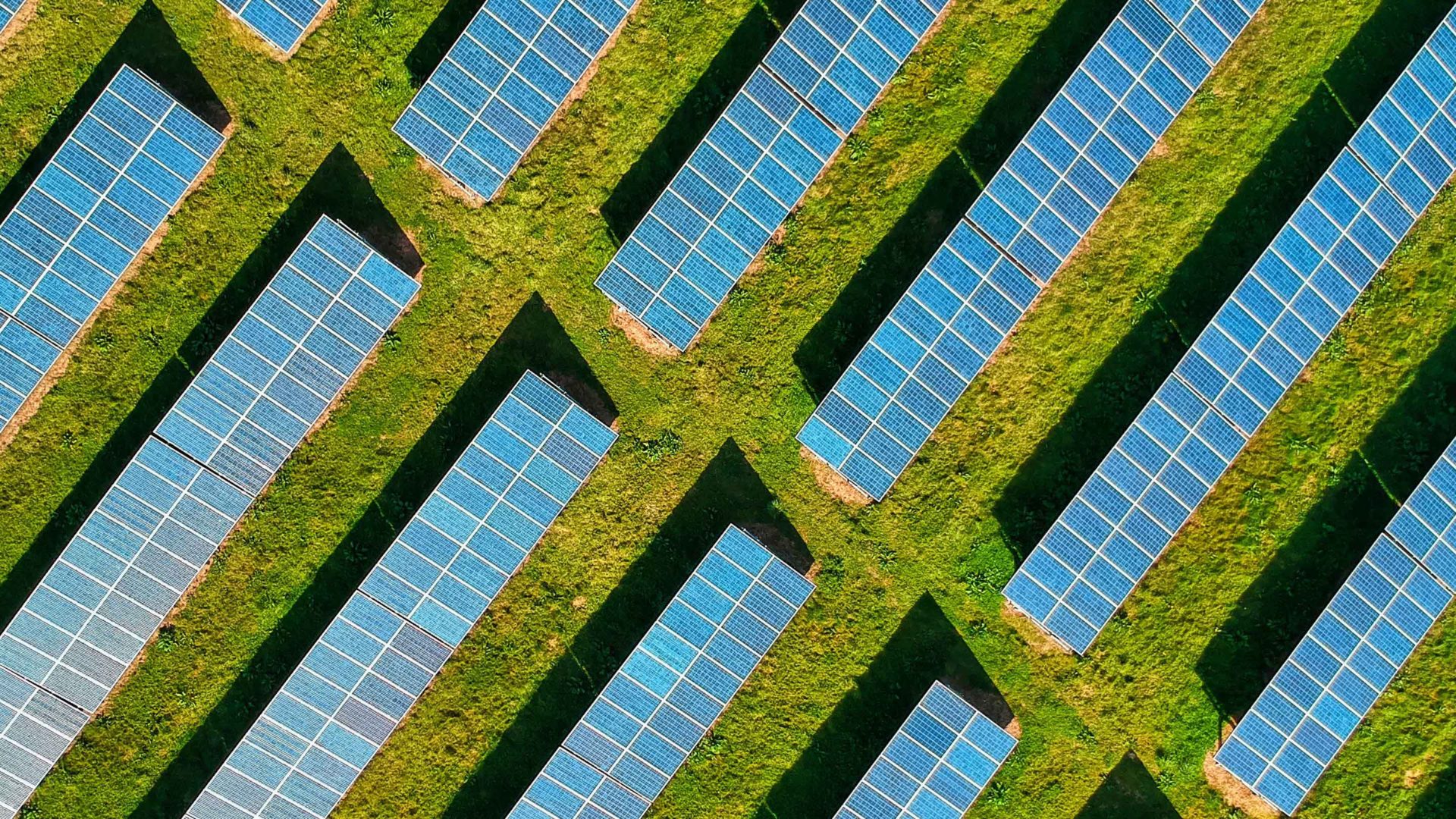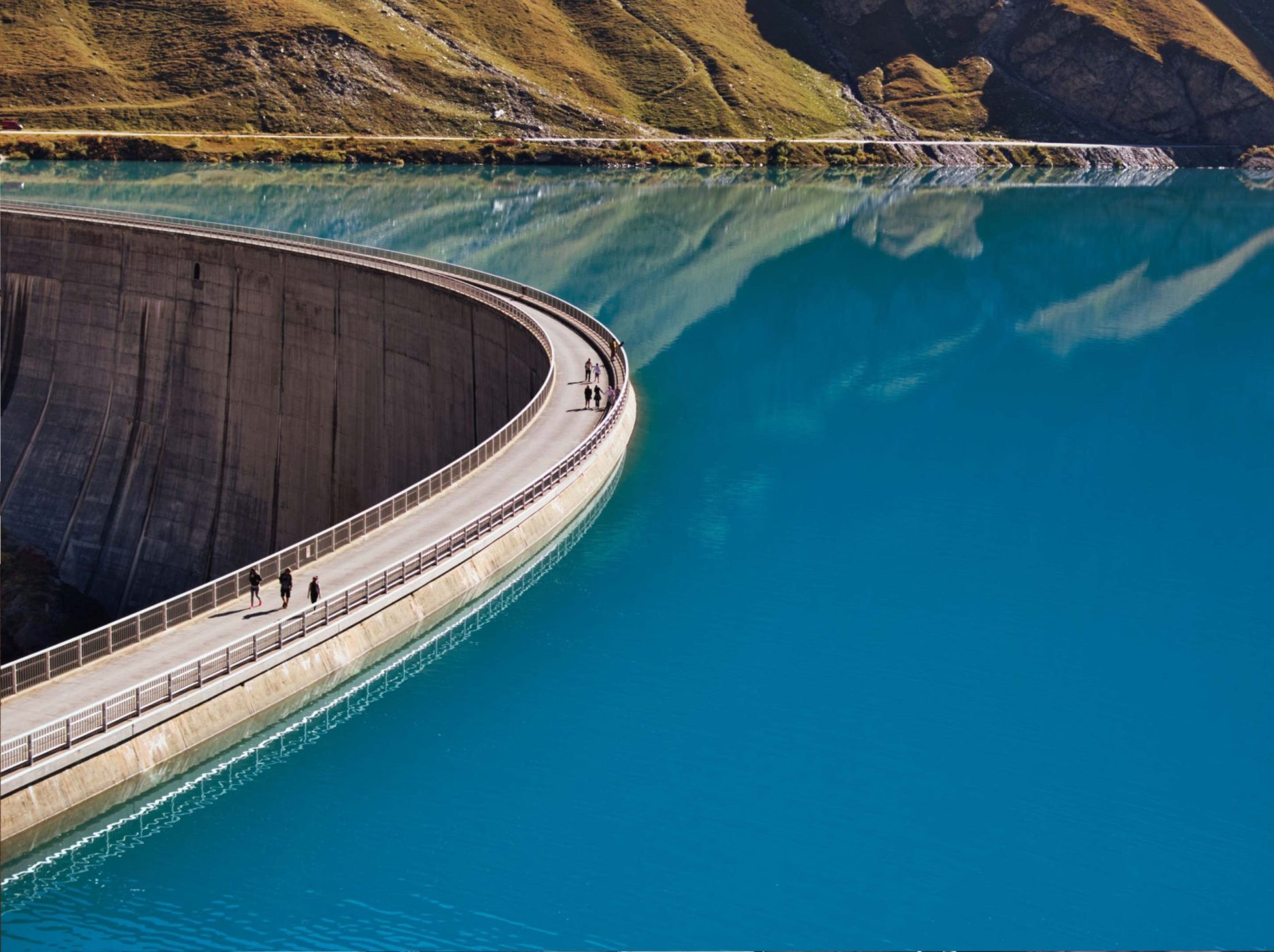ENERGY EFFICIENCY,
SUSTAINABILITY
ENERGY EFFICIENCY,SUSTAINABILITY

EnergyOptimization
Energy assessment
— The financial savings that can be achieved;
— The investment required for implementation (through preliminary estimates and/or directly with supplier offers);
— The payback time;
— The presence of additional benefits beyond that of energy optimization, also with a view to overall improvement of the life cycle and efficiency of the facility.
Energy simulation dynamic
To support the activities described, we have various internal software packages, including the IES-VE for dynamic energy simulation of building plant systems which allows the comparison of alternative scenarios making it possible to identify the optimal solutions before committing to technological, economic and investment organizational measures that could turn out to be wrong, excessive or simply useless.
Fluid dynamics simulation
The use of CFD is particularly advantageous in this area and allows, among other things, the study of mitigation programs in conditions of the absence of the personnel (set-back of ventilation flow rates and thermo-hygrometric conditions inside clean rooms and classified pharmaceutical environments).


Sustainability
By extending the methodology presented for energy assessment to environmental sustainability issues, we can support decarbonization programs, sustainable use of resources, management of discharges and emissions, circularity.
Decarbonization
— Reducing/eliminating dependence on fossil fuels
— Adopting systems for monitoring and eliminating refrigerant gas leaks
— Using refrigerants with low “greenhouse potential”
— Producing/acquiring electricity from renewable sources
— Evaluating decarbonization actions dependent on the corporate “value chain”.
Sustainable use of resources, management of discharges and emissions, circularity
— Reduction and monitoring of water consumption; reuse, recovery and recycling
— Reduction/treatment of airborne emissions
— Reduction/treatment of wastewater discharges
— Recovery and reuse of materials in production processes and in the construction of new buildings

